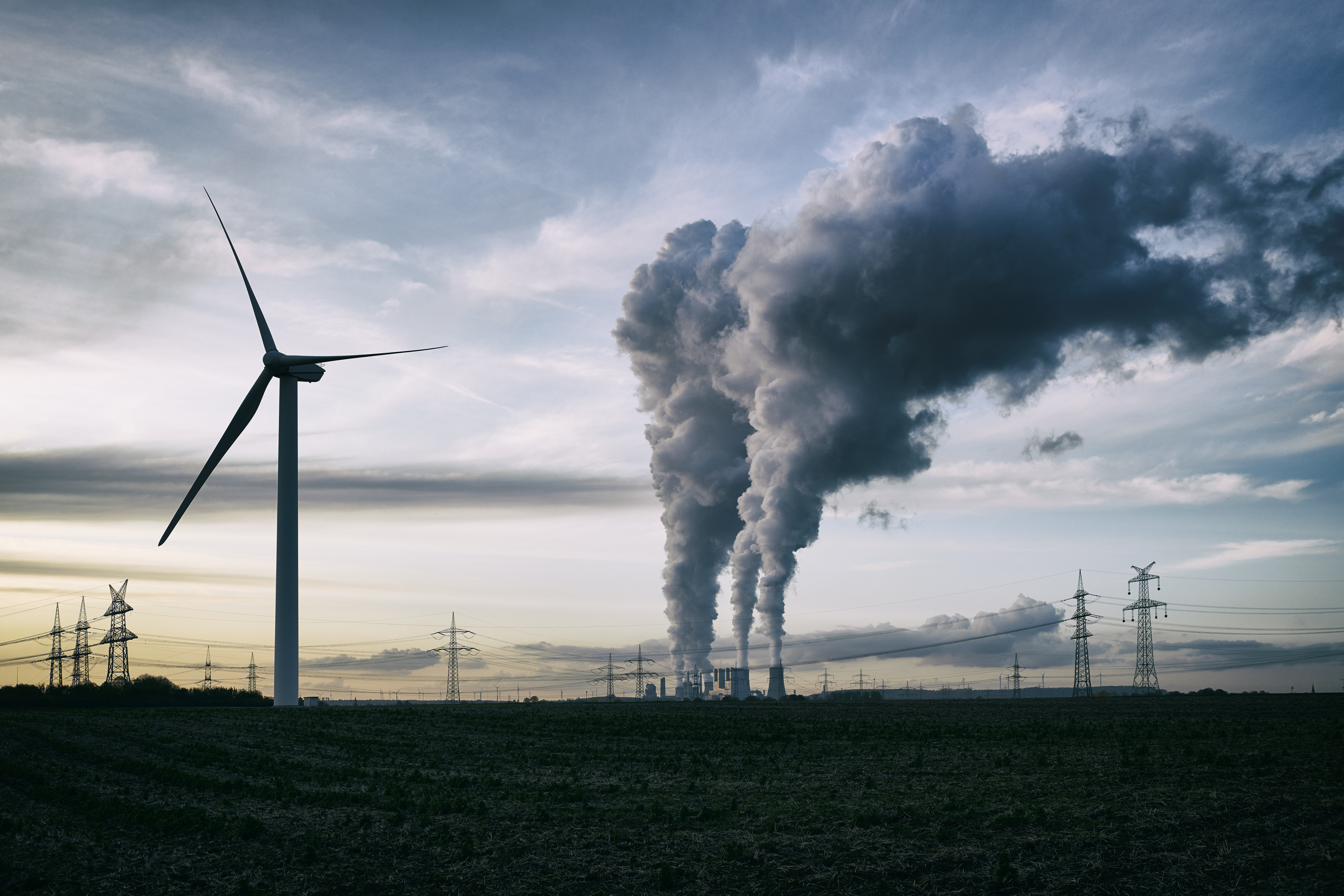We began work on climate change almost 15 years ago, supported since 2012 by INET. Three main themes – historical linkages between increases in energy and labor productivity levels, analysis of economic growth from the standpoint of effective demand to bring employment and distribution into the picture, and comparisons with orthodox narratives – have been at the focus throughout. Publication of our paper in Nature Climate Change (hereafter: NCC) provides an opportunity to review this work.
How have energy productivity and labor productivity tracked over time? Energy productivity, or the output/energy ratio, has grown historically at close to the same rate as the output/labor ratio or labor productivity. The International Panel on Climate change (IPCC) does not seem to have taken implications of this observation on board.
At the same time, a strong case can be made that early mitigation of greenhouse gas emissions will be essential if a catastrophic output and employment crash is to be avoided, a point emphasized by the IPCC.
Most of the analysis is undertaken with demand driven economic growth models which allow the study of how unemployment and income distribution shift over time, though many of the same results come through in a mainstream setting which presupposes full employment and demonic optimization by economic “agents.”
In a bit more detail, the discussion starts with the historical significance of the increasing use of fossil fuel energy in step with the growth of labor productivity. This linkage creates greater emissions of CO2 which feedback negatively on growth and would crash the economy in a relatively short period of time (a few hundred years). Prompt mitigation becomes essential if irreversible climate change and an economic crash are to be avoided. A demand-driven model of economic growth is used to illustrate why front-loading of mitigation is essential. The IPCC has been prescient in advocating early mitigation, but it perhaps overestimates the possibilities for breaking away from the close relationship between use of fossil fuel energy sources and growth of output per capita. Next, we take up the welfare economics of climate change, including procedures to estimate the social cost of carbon emission, and conclude with the implications of the NCC paper. Our research program has been coherent in concentrating on distribution, employment, and growth under global warming.









